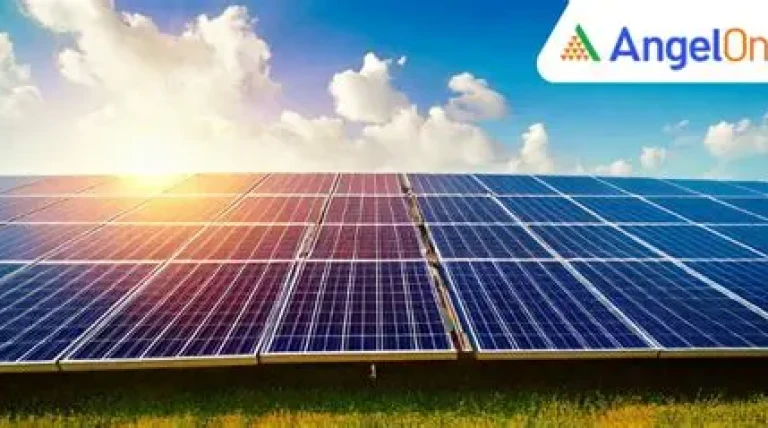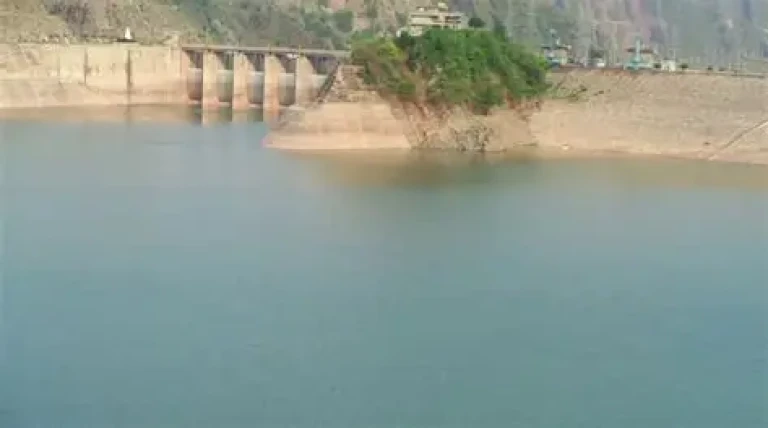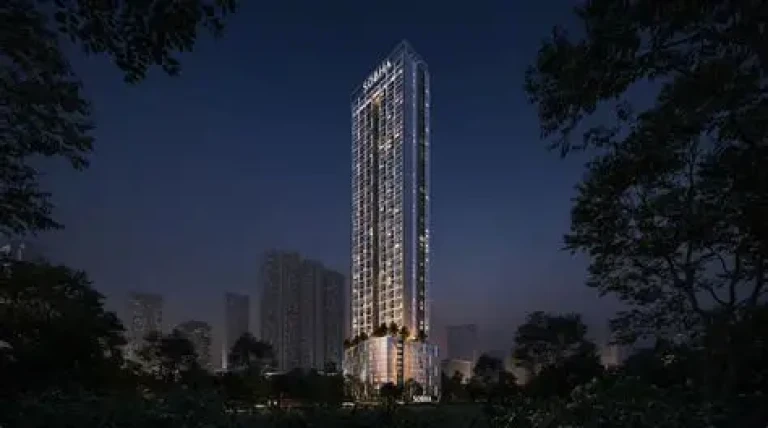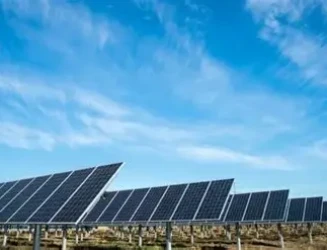In a significant move to clean the Yamuna River, the Delhi Jal Board (DJB) has secured over ₹3,000 crore for the development of 27 Decentralized Sewage Treatment Plants (DSTPs) across the city. The funding, sanctioned by the Expenditure and Finance Committee chaired by Chief Minister Rekha Gupta, provides a much-needed financial push to the DJB, which had faced delays due to budget constraints.
Originally launched in 2023 with a vision to establish 40 DSTPs, the initiative saw sluggish progress pending key approvals. “This is the first major financial push we have received,” a DJB official told PTI.
Construction of the 27 approved DSTPs is now underway. Additionally, the committee has greenlit a 10 million gallons per day (MGD) sewage treatment plant at Delhi Gate.
DSTPs offer a decentralized approach by treating wastewater near its source, making them ideal for areas where traditional infrastructure is impractical—such as JJ clusters, unauthorized colonies, and densely populated neighborhoods. Identified sites for the new plants include Rangpuri, Dera Mandi, Fatehpur Beri, Jafarpur village, Shikarpur village, Jaunti, and Ghewra.
Chief Minister Gupta has previously emphasized the importance of cleaning the Yamuna, allocating ₹500 crore toward DSTPs and related projects, including the deployment of weed harvesters to clear river overgrowth.
Delhi currently generates approximately 792 MGD of sewage, but its 37 existing sewage treatment plants can handle only about 610 MGD. The new DSTPs aim to narrow this gap and reduce untreated waste entering the Yamuna.
However, experts caution that improving existing infrastructure should not be overlooked. “Instead of focusing solely on new DSTPs, the government should prioritize upgrading current treatment plants. Industrial waste, which these systems aren’t equipped to handle, remains a major concern,” said water activist Varun Gulati.
News by Rahul Yelligetti.
![{[setting('site_name')]}](https://projxnews.com/uploads/setting/16983847711140531930.webp)












